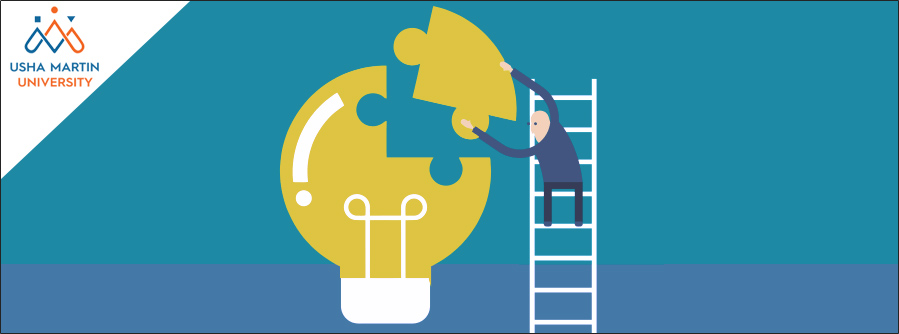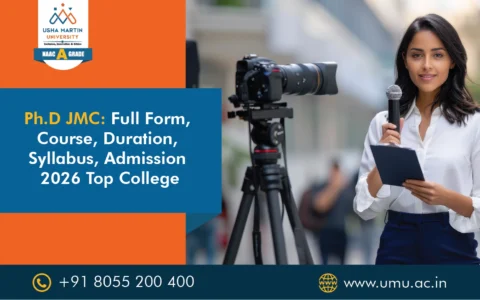
UMU Library
January 25, 2021
Solar Energy – A bright and Sustainable Resource
February 4, 2021The thrust of education in India has been on acquisition of knowledge. Learners prefer rote learning as passing the examination is the sole criterion for success early on. That is why our graduates are ill-equipped for the world of work. This is essentially because development of skills has always been regarded as subordinate to acquisition of knowledge, though acquisition ofskill prepared knowledge seekers for challenges of life. However, skill teaching-learning took a divergent route with time. Knowledge became the domain of Brahmins while skill was the domain of those lower in the social hierarchy.
Post liberalization, higher education has witnessed phenomenal growth. Unfortunately, the growth is disproportionate to the quality of education. Industry, the major job providers, is crying for work-ready output from the academia. They do not want to invest on capability development and are looking for such students whom they do not have to train. On the other hand, we find that there are many organizations like TCS iON, Dr Vivek Bindra and Bara Business coming up with many vocational courses which will certify that the student has acquired skill and knowledge commensurate with the job requirements. Presumably, on the basis of such skill and knowledge they are likely to land with a job soon after completing their formal education. Unfortunately,for the students these vocational courses come at a price. Usha Martin University’s vision is to prepare its students to be work-ready at the end of their academic pursuit. To this end, it strives to develop industry-academia interaction and incorporate the concerns of the industry.
Anjani Kishore Sahay
Director, Corporate Relations




